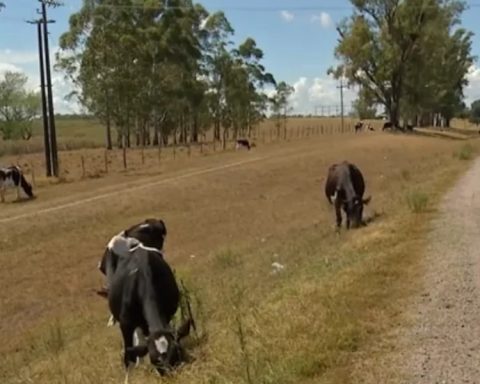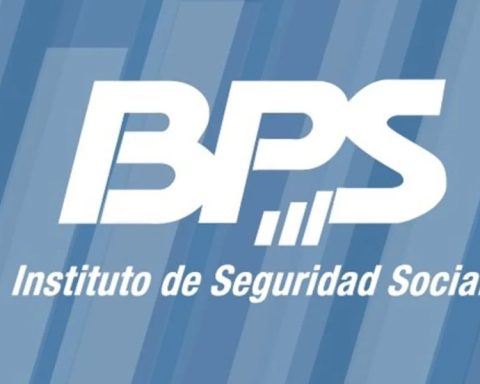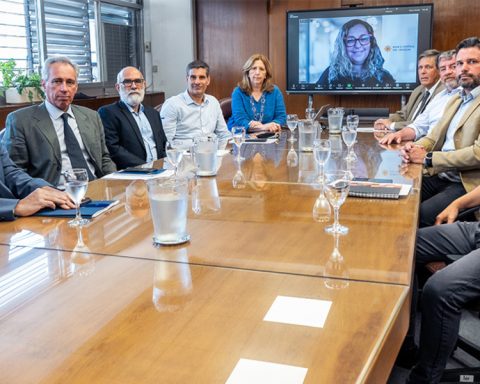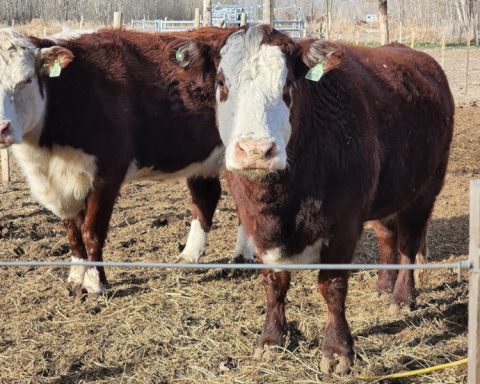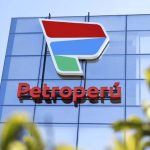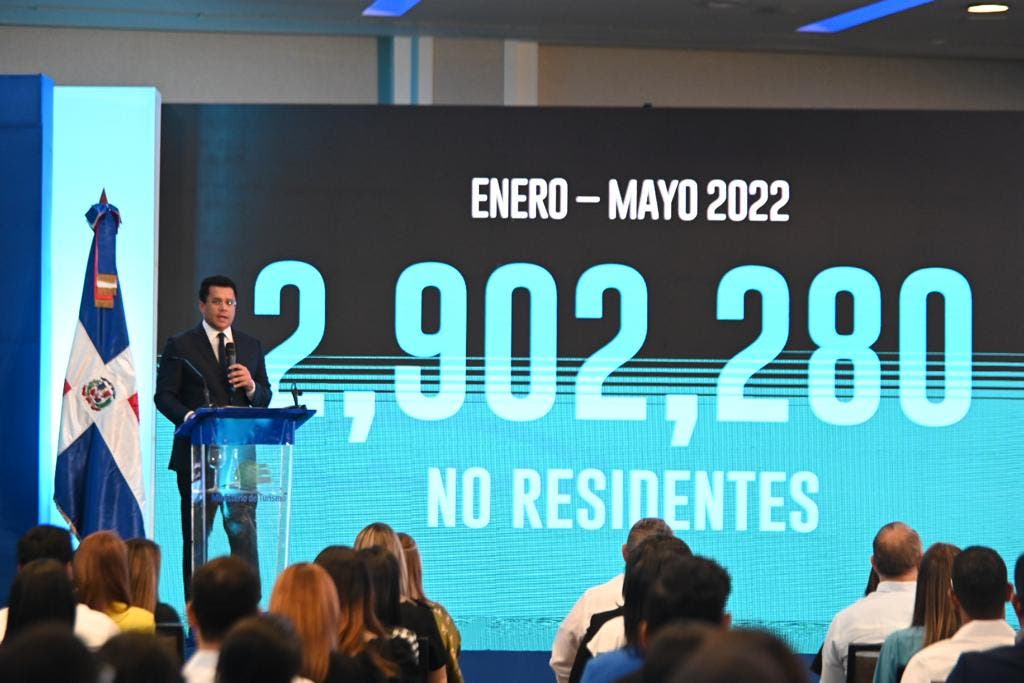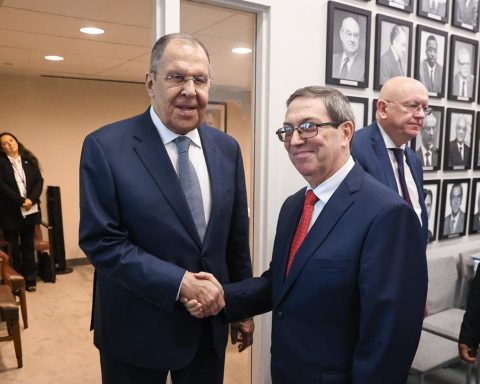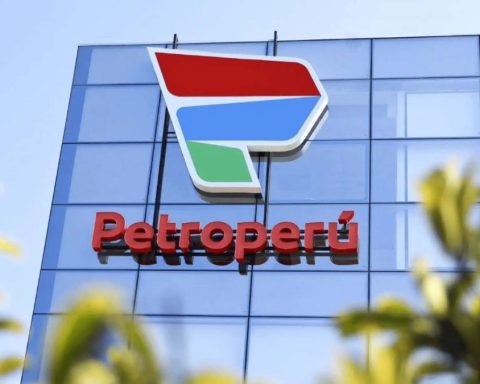The President of the Republic, Luis Lacalle Pou, participated in the presentation of the third phase of the Interinstitutional Agreement for the Development of Artisanal Cheesemaking, this Tuesday 31, in Cologne. Together with authorities and producers, the president asserted that this line of action is a clear example of the national policies that producers need, and that the State must support this sector to promote its development.
In his speech, Lacalle Pou highlighted the turn that global consumption has shown towards artisanal production, and the uniqueness of each product developed in this way. However, he stated that, in order to make a leap in quality and increase sales, work must be done on safety, quality and marketing.
The president stated that the center of this issue is the producer family, but that the State must leverage issues of food science and foreign trade, among others. In addition, he appreciated that in Uruguay the quality of artisanal cheese is assured and welcomed the fact that there are organizations from different levels of government supporting the initiative.
In his speech, he also highlighted the support of national policies, like this one, that go through different governments. “If a government comes, starts a plan and then discontinues it, what use was the effort?” He affirmed, and remarked that the dairy farms need this type of continuity in the State.
On this point, he stated that the Inter-institutional Agreement for the Development of Artisanal Cheesemaking began in January 2005, was strengthened in 2013 and now seeks to provide a new vision.
In addition to the President of the Republic, the Secretary of the Presidency, Álvaro Delgado; the Minister of Livestock, Agriculture and Fisheries, Fernando Mattos; the director of the Office of Planning and Budget (OPP), Isaac Alfie; the General Coordinator of the OPP Decentralization and Cohesion Area, María de Lima; the undersecretary of the Ministry of Industry, Walter Verri, and the director of the National Milk Institute, Juan Vago.
Likewise, representatives of departmental governments also attended, such as the president of the Congress of Mayors, Guillermo López; the mayor of Río Negro, Omar Lafluf; Soriano’s, Guillermo Besozzi; of Flowers, Fernando Echeverria; from Cologne, Carlos Moreira; and the Director of Development of the Municipality of San José, Julio Teijeiro, among other national and departmental authorities.
In his speech, Alfie affirmed that this third phase of the agreement for the development of the artisanal cheese factory is one of continuity and deepening. In this sense, the intention of the OPP is to provide technical and general support to the private sector. “It is the real engine of economies and development,” he noted.
Likewise, he said that technical assistance is key to improving production, fundamentally in terms of homogenizing the quality of the product, so that it can reach a better level. “That is the importance that we assign to phase III, reaching that higher stage, taking the step forward,” he assured.
For his part, Verri referred to the dairy sector as a catalyst and pointed out that exports in this area amounted to 754 million dollars in 2021, and that another 25 million dollars were generated that year from the sale of artisanal cheese products. .
He also assured that the Ministry of Industry, Energy and Mining promotes in this project the traceability of cheeses, through the certification of the product and the production processes, to guarantee compliance with regulations that respect consumer health. “This sector of artisanal cheese making is important to us and we are going to continue leveraging it so that it continues to grow,” he concluded.
The agreement is promoted by the Planning and Budget Office, the Ministry of Livestock, Agriculture and Fisheries, the Ministry of Industry and Energy, the municipalities of Colonia, San José, Soriano, Flores, Florida, Canelones and Río Negro, the Association of Cheesemakers Craft and the National Milk Institute.
The objective is to contribute to the permanence and sustainable development of the artisan cheese factory, through the increase of the parameters of quality of life, the improvement of the production systems, the strengthening of its organization, the inclusion in the commercial chains and the compliance with safety regulations and business formalization. Presidency

